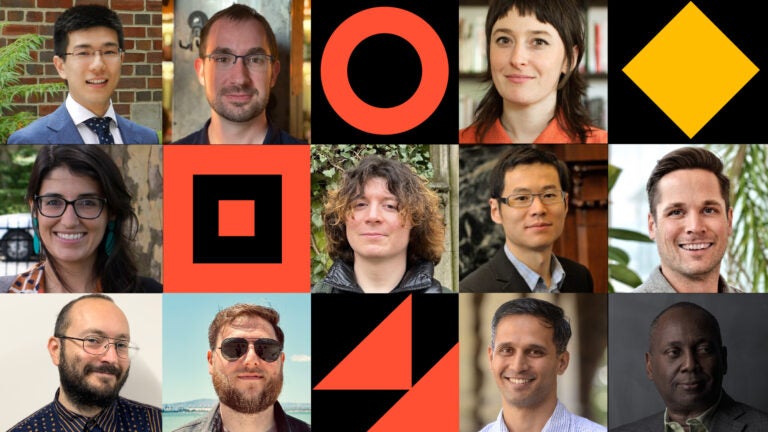
New faculty bring expertise in Shakespeare, mosquitos, legal philosophy and more
A new cohort of faculty arriving at the USC Dornsife College of Letters, Arts and Sciences this fall will conduct research and teach courses on a broad range of topics, from medieval art history to microbial fungi. They recently shared more about their work and interests.
Yuehao Bai | Assistant Professor of Economics
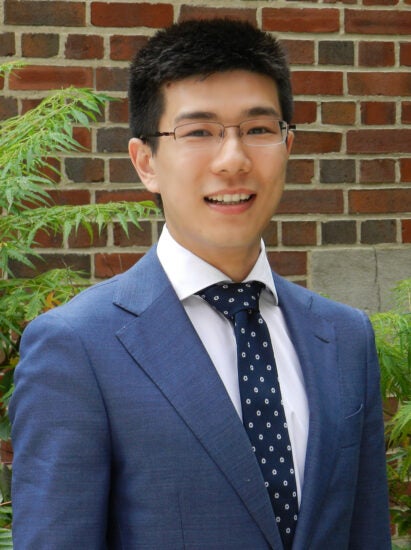
Research Focus: My recent research is focused on the analysis of randomized experiments. I show that a class of designs known as “finely stratified” experiments in general lead to more precise estimation of effects of interventions, and I study the statistical properties of these designs.
What are your hobbies? Watching soccer and playing video games. I’ve spent so much time on FIFA.
Read any good books lately? Flying Too Close to the Sun: Myths in Art from Classical to Contemporary
Canann Breiss | Assistant Professor of Linguistics | Connect on LinkedIn
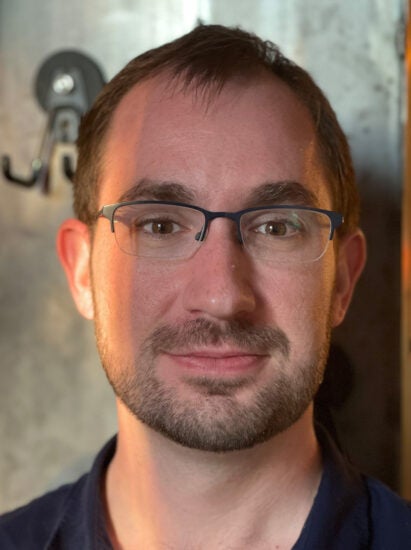
Research focus: My work centers on how people learn, represent and process sound patterns in the languages they speak.
Read any good books lately? I highly recommend Because Internet by Gretchen McCulloch.
What are your hobbies? Outside of work, I enjoy playing board games with friends, going to museums and singing.
What food or condiments will we always find in your kitchen? Hot sauce!
Alexandra Brewer | Assistant Professor of Sociology
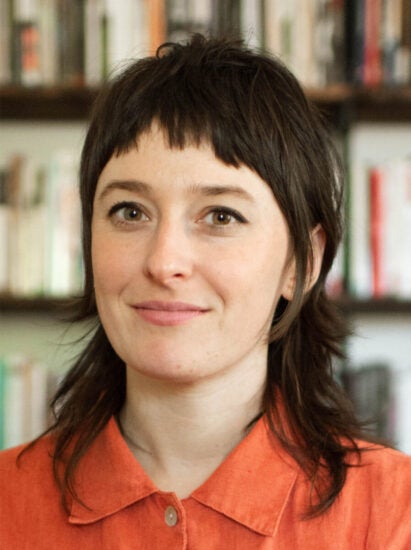
Research focus: I study inequality in medicine and health care. Currently, my main focus is racial inequality in how doctors assess and treat pain in hospitals. I am also interested in the theories of Karl Marx.
What are your hobbies? Swimming, hiking, soaking in natural hot springs and eating spicy food.
If you could invite one person to dinner, living or dead, who would you select? What would be on the menu?David Cronenberg for homemade salsa macha, guacamole and chips, fish tacos and melon sorbet.
Luisa Castro | Assistant Professor of Anthropology
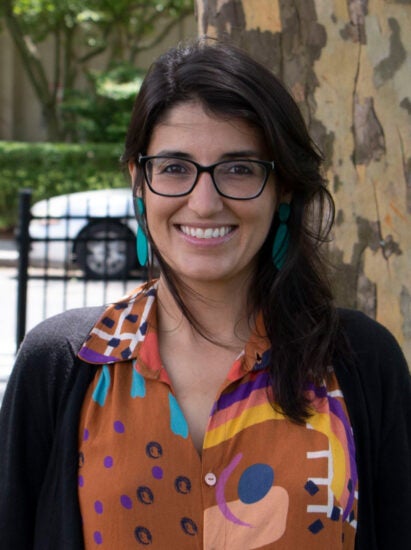
Research focus: My research broadly explores the social, cultural, political and historical dimensions of scientific knowledge about human-animal relations, particularly when harm to humans is involved, as seen with mosquitoes transmitting pathogens.
In particular, my research investigates techno-scientific projects in Brazil that, rather than fight against the Aedes aegypti mosquito, work to harness the insect to tackle the viruses it is known to transmit (Zika, dengue, chikungunya and yellow fever). By using ethnographic and historical research methods, I explore what these projects can tell us about the geopolitics of knowledge production in an interdependent, unequal world increasingly affected by human activity.
Read more about Castro’s research in Trojan Family Magazine>>
What are your hobbies? Going to the beach, pool, waterfalls or on a hike with friends, enjoying delicious meals and reading a captivating book.
Read any good books lately? I’m currently reading American War by Omar El Akkad and really enjoying it.
Julian Chaidez | Assistant Professor of Mathematics
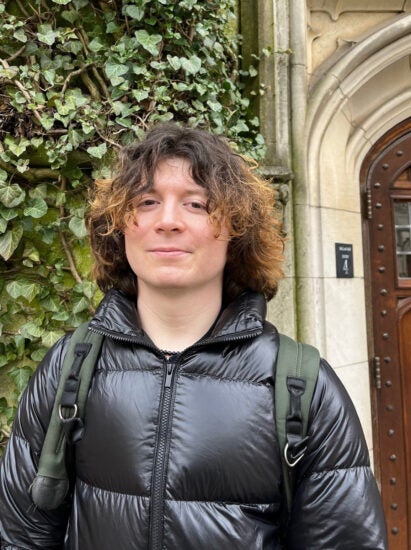
My work deals with geometry and dynamics. Even questions about simple physical systems, such as a billiard ball moving on a triangular table or three planets interacting by Newtonian gravity, can be very difficult!
If you could invite one person to dinner, living or dead, who would you select? What would be on the menu? Thai food with the novelist Vladimir Nabokov.
If time-travel was possible, what era would you head to and why? A cool historical period, like Rome in the late Republic, classical Palenque in Southern Mexico or Chang’an under Emperor Taizong in China.
Read any good books lately? I’m reading a great fantasy book called Empire in Black and Gold by Adrian Tchaikovsky and also American Prometheus, the Oppenheimer biography, by Kai Bird and Martin J. Sherwin.
Xiaohui Chen | Associate Professor of Mathematics | Connect on LinkedIn
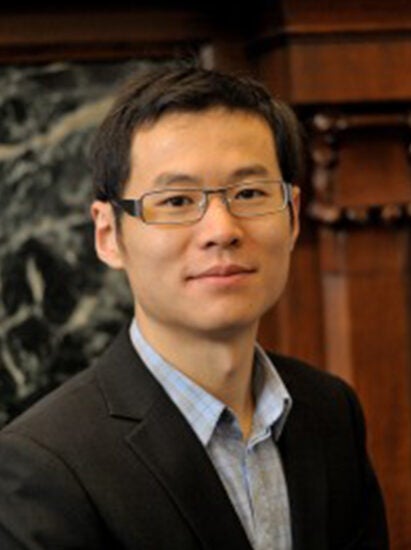
I work in statistics, data science and machine learning. My research has been focusing on mathematical foundations and computational challenges for extracting meaningful information from modern complex data. I am particularly interested in developing computationally scalable and statistically robust procedures with strong theoretical guarantees for high-dimensional and massive data.
What food or condiments will we always find in your kitchen? Oranges
Cameron Egan | Assistant Professor (Teaching) of Biology | Connect on LinkedIn
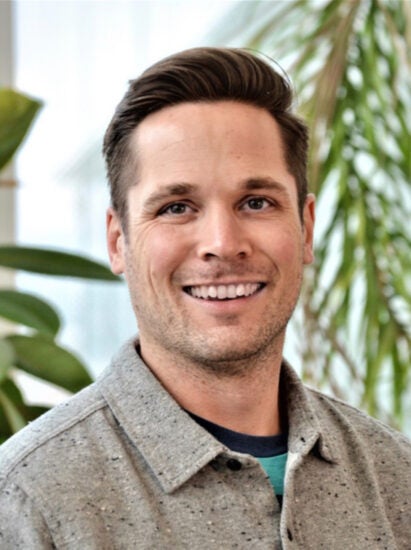
Nearly all plants form a symbiosis in their roots with mycorrhizal fungi. These fungi acted as the first roots for plants when they colonized land 470 million years ago. Through their continued association, plants and fungi exchange resources influencing each other’s fitness and diversity. My research focuses on the biogeography and functioning of mycorrhizal symbioses.
This has included examining changes in diversity along high elevation gradients in the Montana Rockies and diversity within the roots of native Hawaiian plants. More recently, my focus has shifted to the applied aspect of the symbiosis, and how it can be leveraged to help solve environmental issues through ecological restoration, conservation and management of invasive species.
If you could invite one person to dinner, living or dead, who would you select? What would be on the menu? My grandfather (Papa). He always spoke of the importance of education when growing up. He passed away before I finished my undergrad, but if he were alive today, he would have had a kick out of me being a professor at USC. For dinner we would have jumbo dogs, fries and a beer at the Coliseum while watching a game. (He was an avid football fan.)
If time-travel was possible, what era would you head to and why? Pre-colonial North America to see the ecosystems before colonization. Imagine what Los Angeles looked like then!
Read any good books lately? I just finished reading Exiles by Jane Harper. She’s my go-to author when not reading for work.
Luke Fidler | Assistant Professor of Art History
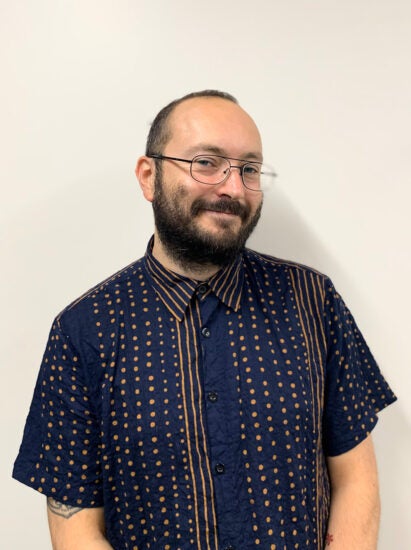
Research focus: I study medieval art history, with a special focus on the relationship between sculpture and politics. I’m interested in exploring how works of art — and questions of form more broadly —structure the political worlds of the past and present.
Sometimes this means looking at art that compels people to take up positions they wouldn’t otherwise find appealing. Of course, artists always push the limits of what we think is possible, so I also pay close attention to how artists envisioned new, more just ways of life. Los Angeles is a great place to work on these problems; it’s a city with vibrant traditions of activist art-making.
If you could invite one person to dinner, living or dead, who would you select? What would be on the menu? Paul Robeson. I’d cook us a vegan feast with themed cocktails.
What are your hobbies? Watching Star Trek, karaoke and exploring new cities.
Read any good books lately? I’m slowly working through A People’s Guide to Los Angeles by Laura Pulido. It’s a great way to uncover the histories of solidarity and struggle that have shaped the city.
Jake Monaghan | Assistant Professor of Philosophy
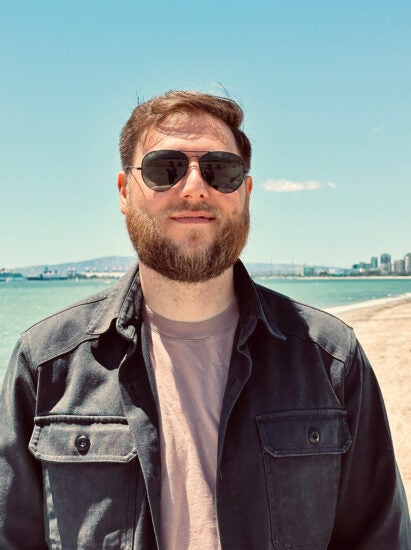
Research focus: My work is in political and legal philosophy, with a focus on institutions of criminal justice and the police. One of the challenges in political philosophy is developing a theoretical approach to justifying policies in the face of deep disagreement, and this is especially pressing when it comes to policing. This challenge is the primary motivation of my research.
What are your hobbies? I like spending time with my elderly pit bull. Right now, I’m also enjoying exploring the Los Angeles donut scene (it’s truly amazing) and working on growing small trees in my office.
If you could invite one person to dinner, living or dead, who would you select? What would be on the menu? This is a really difficult question. I think it would be fun to have dinner with Socrates and to give him a hard time about his absurd epistemological views. I would make him define “dinner” before letting him see the menu.
If time-travel was possible, what era would you head to and why? I might just stay home for fear of messing things up.
Varun Ramachandra | Assistant Professor of Political Science and International Relations
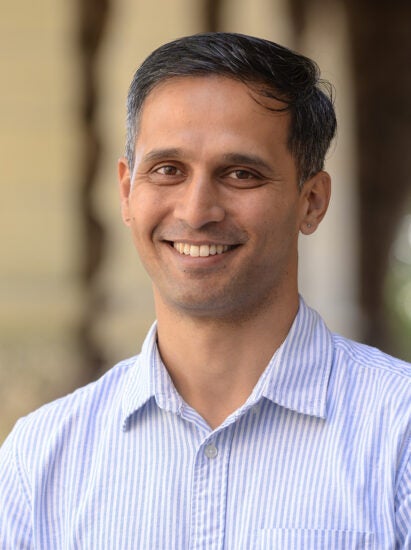
Research focus: My primary research interest lies in the political economy of development. I use an institutional lens and a wide range of methods to analyze the causes, consequences and potential solutions proposed to mitigate for bias and discrimination prevalent in the developing world.
If you could invite one person to dinner, living or dead, who would you select? What would be on the menu? I will go with two, one dead and one alive 1. Babasaheb Ambedkar. The menu would consist of Konkani food. 2. A.R. Rahman. Menu: South Indian thali.
Read any good books lately? Ayako by Osamu Tezuka
What food or condiments will we always find in your kitchen? Peanuts, Indian spice box, lentils and South Indian filter coffee powder
Ian Smith | Professor of English
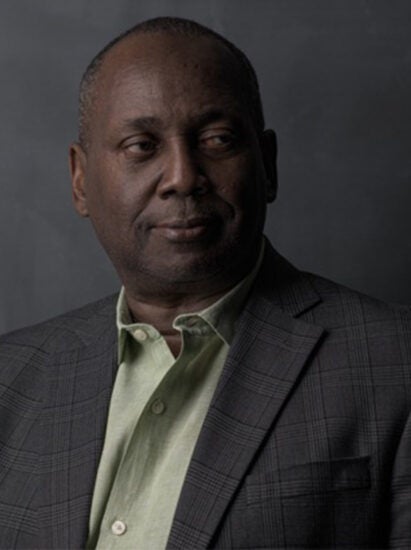
Research focus: My work focuses on drama, with a specific emphasis on race in Shakespeare and the early modern theater. Because race has come to matter so much in contemporary culture, the tendency is to forget that its history extends back centuries. My research examines this longer, complex, important history in what might at first appear to be an unlikely place: Shakespeare.
If you could invite one person to dinner, living or dead, who would you select? What would be on the menu? The great soprano, Leontyne Price. Not sure the menu would matter; it would be a treat just to hear her story and be graced with a few notes!
If time-travel was possible, what era would you head to and why? Early modern England for the chance to see a play by Shakespeare and possibly run into the man himself.